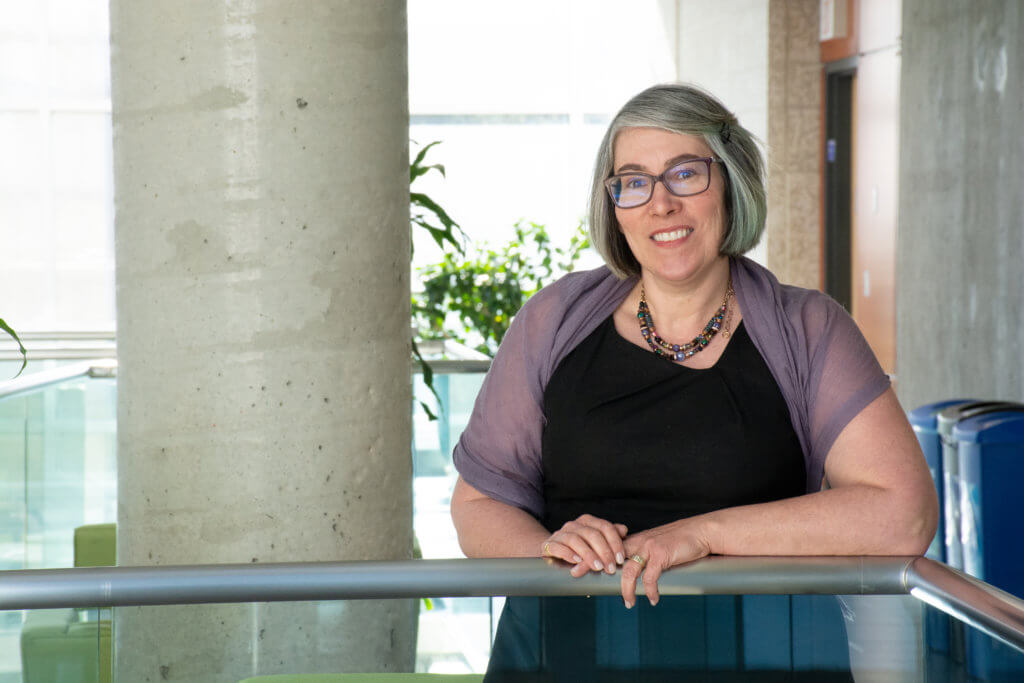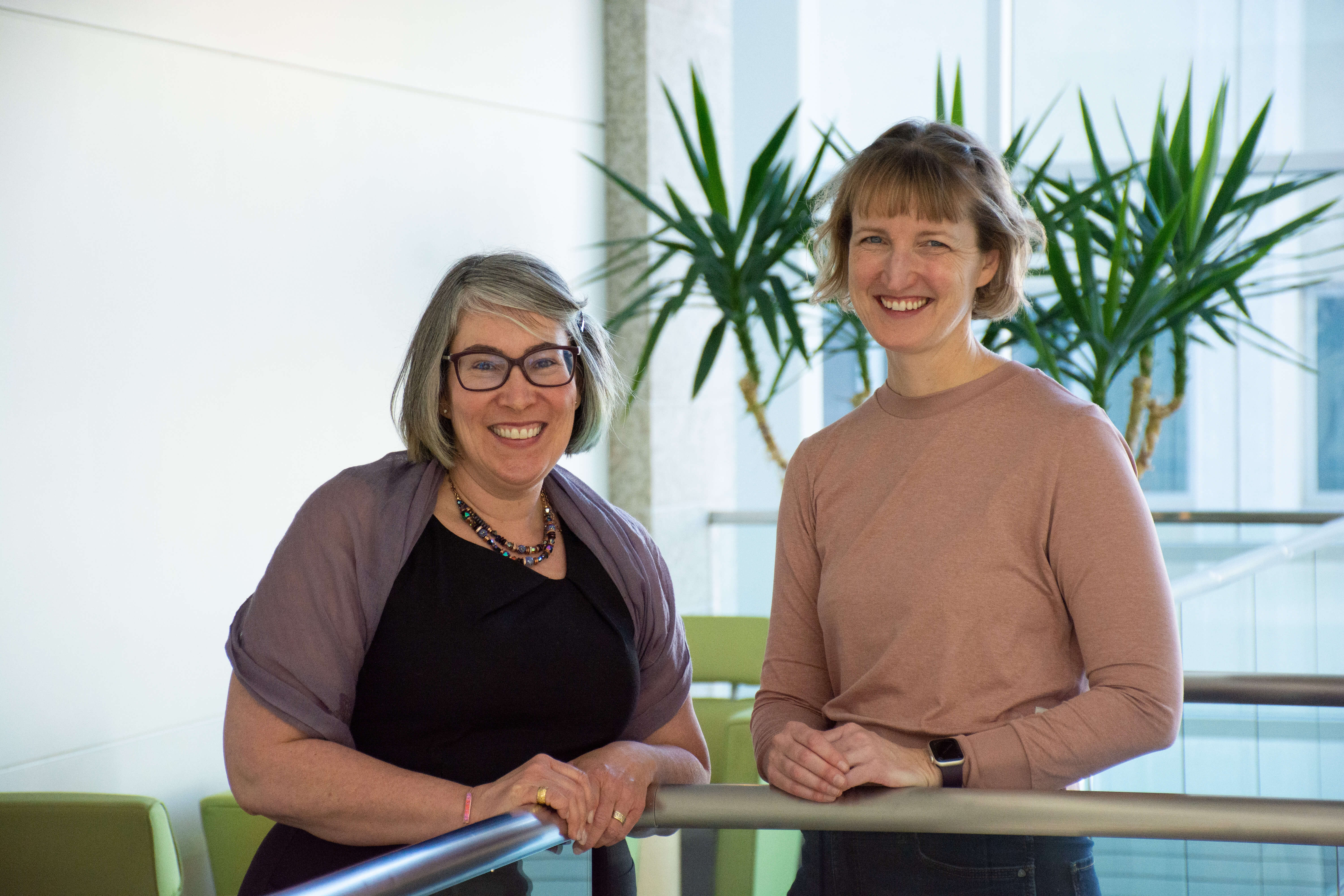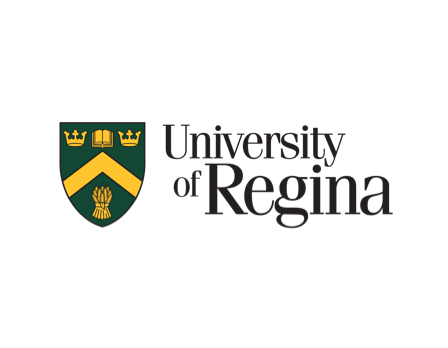Many prolific scientists and researchers have long studied climate change and environmental degradation. In fact, French physicist Joseph Fourier described the Earth’s natural “greenhouse effect” in 1824. In 2022, the quest to understand human impacts on climate continues.
The World Economic Forum reports global emissions in 2030 will still be roughly twice as high as needed to limit warming to 1.5C. However, spreading awareness is one thing and finding a solution is another.
The Faculty of Science at the University of Regina specialises in the latter. Its Department of Biology and Institute of Environmental Change and Society (IECS) –– a world-class research facility — have spent the last two decades housing and supporting the work of this generation’s finest environmental scientists. While working to reverse the negative effects of climate change, they are nurturing numerous budding world-changers to leverage the power of science for the greater good of society. Below are just a few examples of how environmental scientists and IECS researchers are building a more sustainable future.
Protecting prairie wetlands with Dr. Britt Hall, Professor of Biology
Hall believes experiencing research is an important aspect of science training, whether it be sampling aquatic environments, collecting fish, bats, and birds throughout the year, raising fish in a lab, or using drone technology to study forests. “All this with a healthy dose of analytical and high tech molecular work,” she explains.

Dr. Britt Hall
“The Department of Biology at the University of Regina is such a wonderful place to study. Small class sizes at the upper level courses give students the opportunities to form relationships with faculty which may lead to these exciting experiences. Plus, we have a lot of fun in our lab!”
Under her guidance, Hall’s students have worked on quantifying microplastics from the creek running through the city of Regina, which is nestled in the heart of the Canadian plains. They have examined mercury in various animals. They spend four months each year sampling in the prairie region of North America. They examine the microbial communities of wetlands, which involves sequencing DNA from samples. Most importantly, they measured how climate change will impact mercury cycles in the future. “We will have results soon and I am super excited to see what they show us,” Hall enthuses.
Imparting knowledge and conducting quality training have never stopped Hall from spearheading world-bettering discoveries herself. Her most recent paper (2022: Experimental evidence for recovery of mercury-contaminated fish populations. Nature 601:74-78) illustrates the impact of her work in mercury cycling. The paper proves that if society reduces mercury emissions, thus preventing deposition of mercury to waters, concentrations of toxic MeHg in fish will decline regardless of the amount of legacy mercury stored in lakes.
Reducing greenhouse emissions with Dr. Kerri Finlay, Co-Director of IECS and Associate Professor of Biology
Finlay’s earlier work at the University of Regina demonstrated that hard-water lakes in the prairies can act as carbon sinks. She explored the Boreal region to discover that instead of lakes releasing CO2 to the atmosphere, due to the natural chemistry and high productivity of the lakes in the prairies, they instead pull CO2 from the atmosphere.

Dr. Kerri Finlay
“We have since expanded our research to look at all three major greenhouse gases (carbon dioxide, methane, and nitrous oxide), and measure how much carbon ends up in the sediments of these systems, which can act as a permanent store of carbon. The results of these studies show that if we can control methane release, these water bodies can be good sites for carbon storage.”
Finlay notes students have been immensely instrumental in her team’s research. “In my lab, fieldwork is paramount,” she confirms. Since ecology courses are best taught in the great outdoors, all her students are expected to explore lakes and ponds to collect water and soil samples. In the summer months, they venture to rural areas of the province on canoes.
She encourages them to fully take in their surroundings, observe regional differences, and talk to the landowners to situate their data in the full environmental and social context. “High-quality data is crucial for our research, but without an appreciation of the surrounding environment, we can miss key opportunities and understanding,” Finlay affirms.
Such rigour was crucial when Finlay and Jackie Webb found that agricultural ponds are unexpected sinks of nitrous oxide — their findings were published in PNAS and a general summary was written for The Conversation.
Finlay is equally proud to speak of many students and alumni investigating the matters closest to their hearts. For example, her MSc student Sydney Jensen recently found that constructed and natural ponds behave similarly in terms of greenhouse gas cycling, which will aid in estimating the total impact of these water bodies on the global carbon budget.
“Providing students with the skills to ask good questions and test hypotheses empirically will further aid in novel research that will help in the fight against climate change,” she says.
If you’d like to be one of them, click here to learn more about the Faculty of Science at the University of Regina.
Follow the University of Regina on Facebook, Twitter and YouTube, and the Faculty of Science on Facebook, Twitter and Instagram











